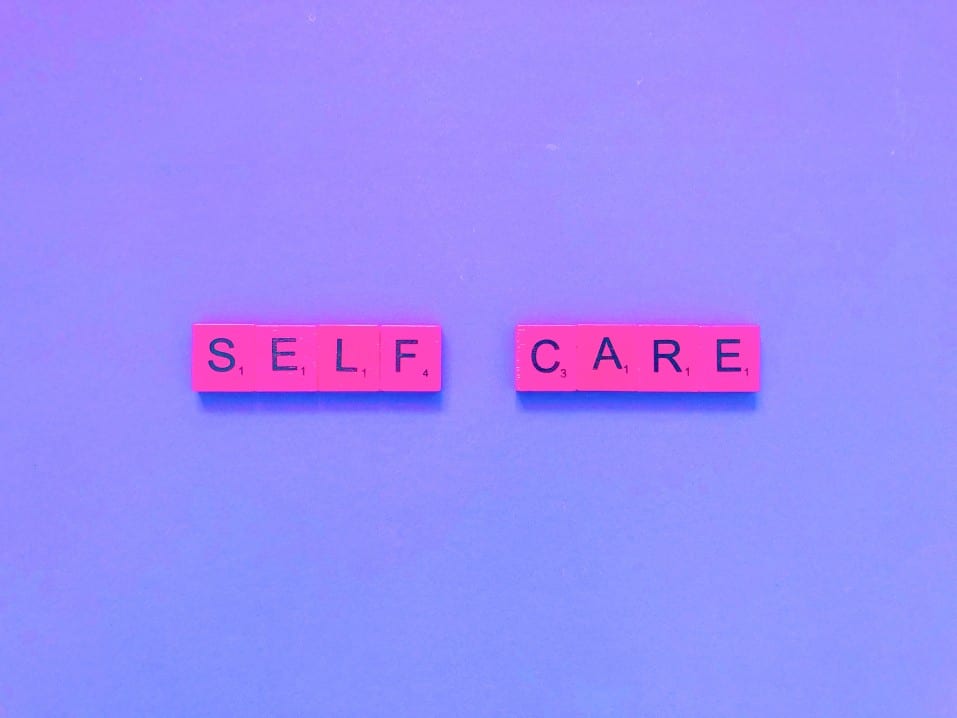
If you are a social worker, you probably know better than anyone just how much pressure has been put on professionals since the Covid-19 crisis began. It appears that more than 70% of children’s social workers are struggling with caseloads since the pandemic outbreak according to recent data.
Only 4% said their workload was ‘comfortably manageable’, whilst 24% said it was ‘mostly manageable’.
These statistics make it clear that to the vast majority, the work given to social workers is unmanageable and unrealistic. On top of this, workers are met with additional hardships such as minimal PPE (personal protective equipment) and a lack of clarity from governments about guidelines for safe practice during the outbreak.
Has the Rise in Social Workers Made it Easier?
Believe it or not, according to government data, September 2019 saw the highest record of children’s social workers in the UK. The number of agency workers also grew by 10% over this period. You would think with this surge in employment, there would be an ease on the caseloads given to professionals. However, recent feedback says otherwise.
With more and more investment going into the social work field, influential figures are beginning to realize the vital role they play in supporting both young people and families throughout the pandemic.
So, why then does it continue to be such a stressful area with both high turnovers and increasing amounts of staff going off sick due to burnout?
Common Threats to Social Workers
After finishing the arduous and complex training to become a fully qualified social worker, many are unprepared for the level of exhaustion and work expected of them. This is ironic, as the last thing you want is to make helping others such a priority that your own mental, physical, and emotional wellbeing takes the hit.
This leads to what many call burnout, which unfortunately is a commonly used phrase for those in social work.
What is burnout exactly? It’s the process of struggling to operate, becoming more closed from input, increasingly resigned, irritable, and acquiring a tendency to become angry easily. Sadly, when a social worker reaches this stage, they may have to take extensive time off, or even worse are forced to resign or get fired.
On top of this, the high expectations required alongside poor supervision or mentorship given to social workers makes it difficult to withhold the demanding role and the emotional exhaustion it brings.
Moreover, self-care is a substantial element to burnout prevention and should be taken seriously by all those working in areas that can be emotionally and mentally draining.
Ways to Prioritize Self-care as a Social Worker
To avoid overload and burnout completely, researchers have found that it is particularly helpful to prevent things such as compassion fatigue, vicarious trauma, and secondary traumatic stress.
By taking self-care seriously, professionals can assess their own needs and ensure they are being met without feeling guilty. From finding supportive mentors, a positive peer group, pursuing personal goals and hobbies to relaxation, there’s plenty social workers can do to increase their wellbeing. Here are some ideas:
Prioritize your comfort in and out of work
Try to eat lunch at your desk as little as possible, invest in a comfortable chair, fill your office or desk with your favorite plants that refresh your spirits. If it helps to play relaxing music that puts your mind at ease while you type up reports, then that is what you need to do.
Get into healthy routines
Conditioning your mind and body to carry out habitual activities that ground and center you are a crucial part of self-care. Before reaching the office for example, can you find one hour to go to the gym? Are you a church-goer who finds peace from worship? If so maybe you can schedule a time to visit after your day is finished. It depends on what self-care strategies work for you personally. Finding these and sticking to them will help prevent burnout.
Seek support
Within the workplace, there should be access to mentorship or advice you can seek out. Also, ensure you surround yourself with a peer group that you feel comfortable opening up to. Learn to check in with each other and personally debrief after an intense case to process what happened and figure out your next steps.
As we can see, social work is never easy, and unfortunately, we still have a long way to go before things become balanced for the majority of professionals. However, taking personal ownership over your self-care is fundamental if you want to avoid burnout and continue serving your community as a successful social worker.













